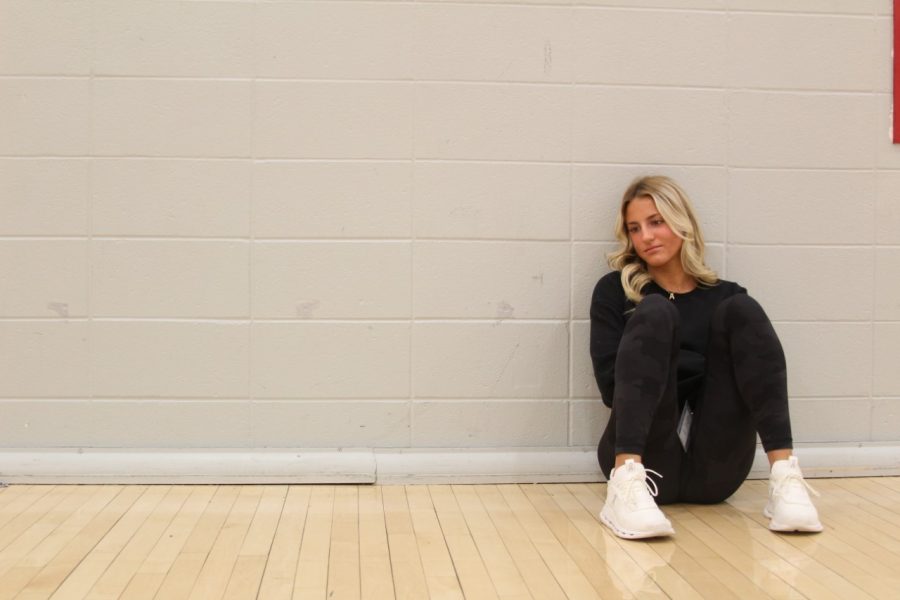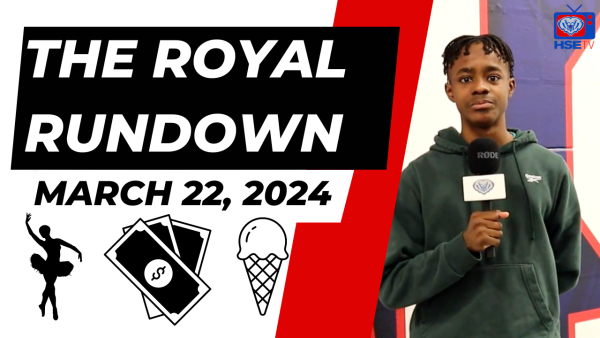Battling Burnout
How Burnout Affects Student Athletes Today
April 26, 2023
Throughout high school, many student athletes frequently struggle with the avoidable issue of burnout.
Burnout in athletes is defined by the National Athletic Trainers Association as “…a condition in which an athlete experiences fatigue and declining performance in his/her sport despite continuing or increased training.” In other words, burnout is a mental problem that turns physical fast.
“From a very young age… I did gymnastics probably close to 10 years,” sophomore Evelyn Schenck said. “But every year it became less and less enjoyable.”
Potential goes to waste if students are not having fun along their athletic journey. Schenck ended up quitting her sport all together, even though she used to dream of being an Olympian. Many high school athletes experience burnout due to overtraining, a poor team environment and little validation. While burnout has always been an issue in the past, the percentage has dramatically increased in recent years due to the high demand of a high school and club sport simultaneously.
“High school is a different level of expectation… but I am not a proponent of [students] playing sports year-round,” Athletic Director Jim Self said. “We should give our kids more breaks. It would be healthy.”
Coaching also plays a big part in student athletes losing their motivation. Everything from training plans to athlete relationships can make a student lose their love for the sport.
“I think how the organization is run plays a huge role,” recent graduate and student athlete Brooke Atwood said. “If coaching factors for a team are structured in a way that doesn’t allow their athletes to enjoy pursing their interests… [they] won’t have the excitement for the sport they had originally.”
Limiting student exploration of themselves and their individual interests will make them naturally steer away from the sport entirely. However, with manageable hours, fun involved, and good coaching, students can avoid this issue. Students must communicate their feelings with coaching staff to reduce the likelihood of this continuous feeling. Another great way to stop burnout is simply to take a bit of time off.
“More is not better,” Self said. “It’s just not.”















